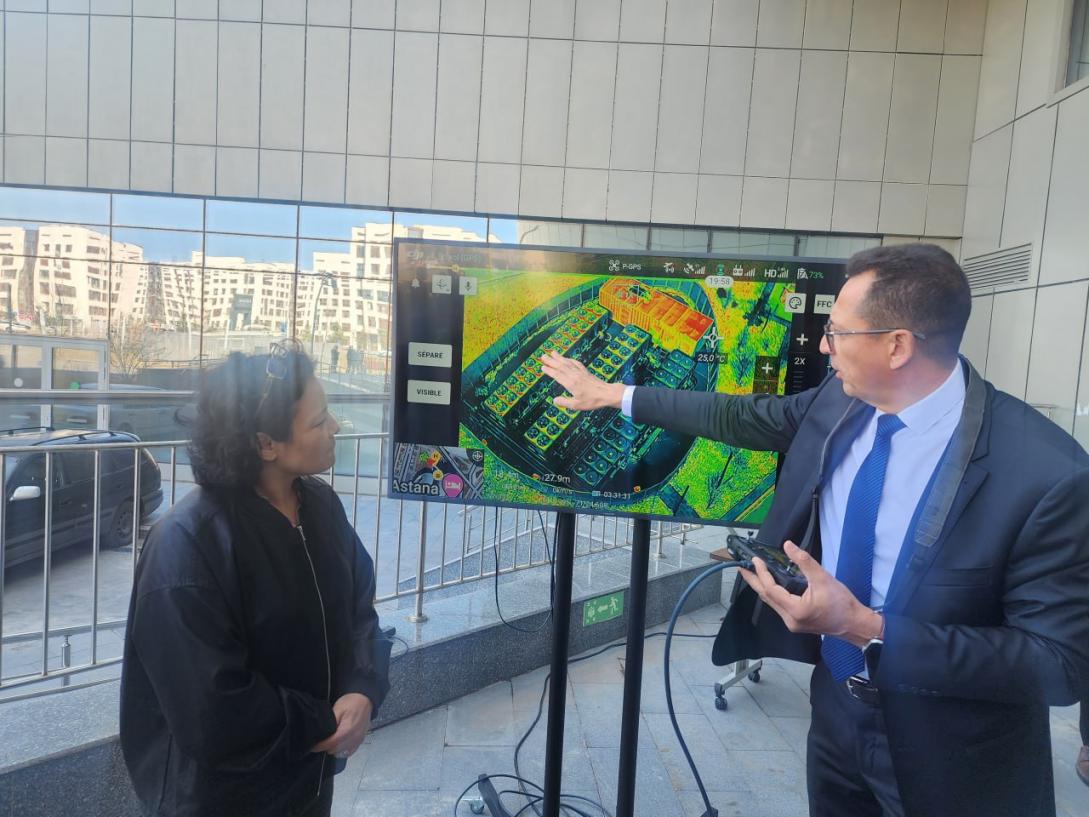EU: what is critical Infrastructure and how is it protected?

28 April 2023, Astana, Kazakhstan. Representatives of five Central Asian countries - Kazakhstan, Kyrgyzstan, Tajikistan, Turkmenistan, and Uzbekistan, participated in the three-day regional seminar "Protection of Critical Infrastructure" held on 25-27 April 2023 in Astana, Kazakhstan.

In line with the development of drone technologies, traditional security systems used to protect strategic sites have shifted from ground-only to 3D total defense. As a result, security measures for the protection of critical infrastructure sites - military bases, communications, airports, energy sector, borders, prisons, public gathering places, etc., incorporate new approaches to personnel training/recruitment, advanced technologies, as well as updated SOPs and organization.
Experts from the EU countries - Belgium, France, Lithuania, and from Kazakhstan presented sessions on drones as a threat as well as a means to protect critical infrastructure; best practices of police units in the EU using drones to monitor and protect areas of mass gatherings; Open source intelligence (OSINT) tools to prevent the infiltration of radicalized insiders within the organization; and methods for effective data protection, taking into consideration limitations related to the protection of personal data.
LEICA also invited the Programme Director for Central Asia of the ITF Enhancing Human Security, who gave a presentation on the organization's projects for the renovation of ammunition depots in Kyrgyzstan and the modern security technologies used for the (re)construction and protection of the sensitive infrastructure.
On the last day of the seminar, participants attended a hands-on demonstration of drone capabilities, using ordinary, thermal and infra-red cameras in various law enforcement needs.
The European Union funded project LEICA is managed by the EU Commission, through a consortium made up by French CIVIPOL and Slovak ISEMI, with the support of Interpol.
